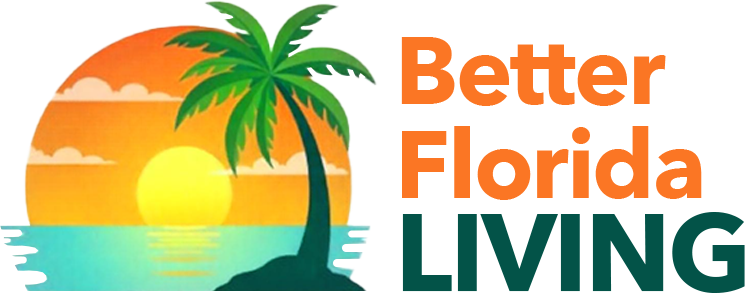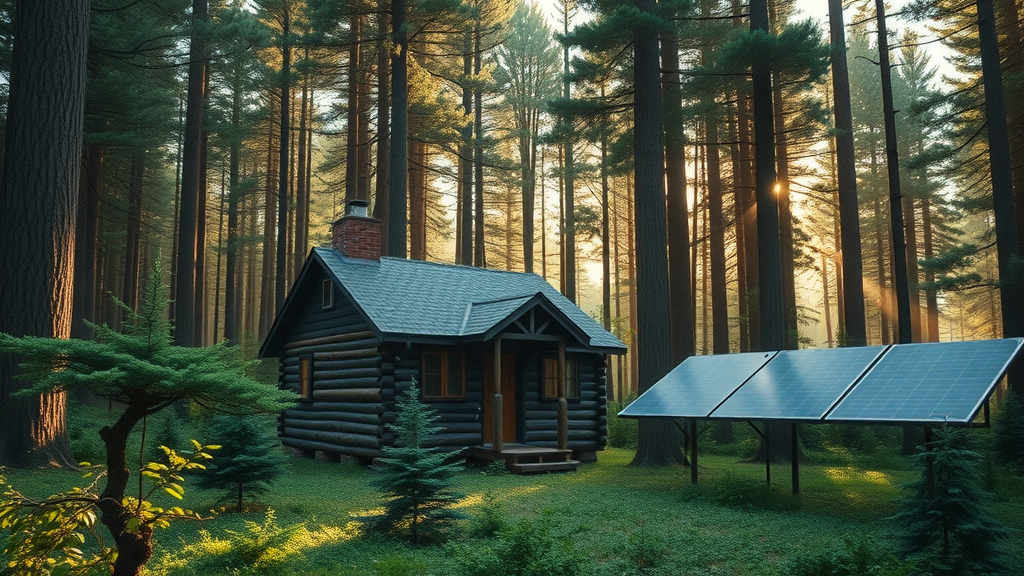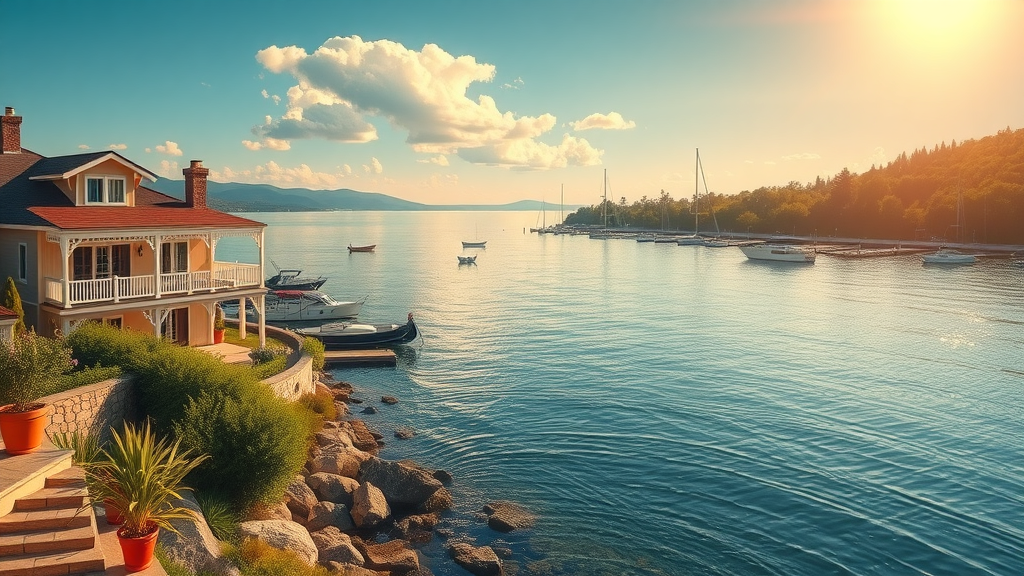Have you ever wondered, “
Can you live off-grid in Florida legally near Crystal River
?” With the rising interest in sustainable living and independence from urban infrastructures, more individuals are exploring the possibility of living off-the-grid. In this comprehensive
guide, we’ll delve into the legalities, opportunities, and challenges of embracing off-grid living near Crystal River, Florida.
Can You Live Off-Grid in Florida Legally Near Crystal River?
Understanding the Concept: Off-Grid Living
Off-grid living involves a lifestyle that is independent of public utilities, providing an escape from the power grid, water supply, and often sewage systems. This approach often employs
solar power
,
water collection
, and alternative waste management
strategies. In Florida, with its abundant natural resources, off-grid living can be practical and rewarding. Crystal River offers a prime location due to its unique landscape and supportive climate, making it feasible for individuals seeking a more
self-reliant life.
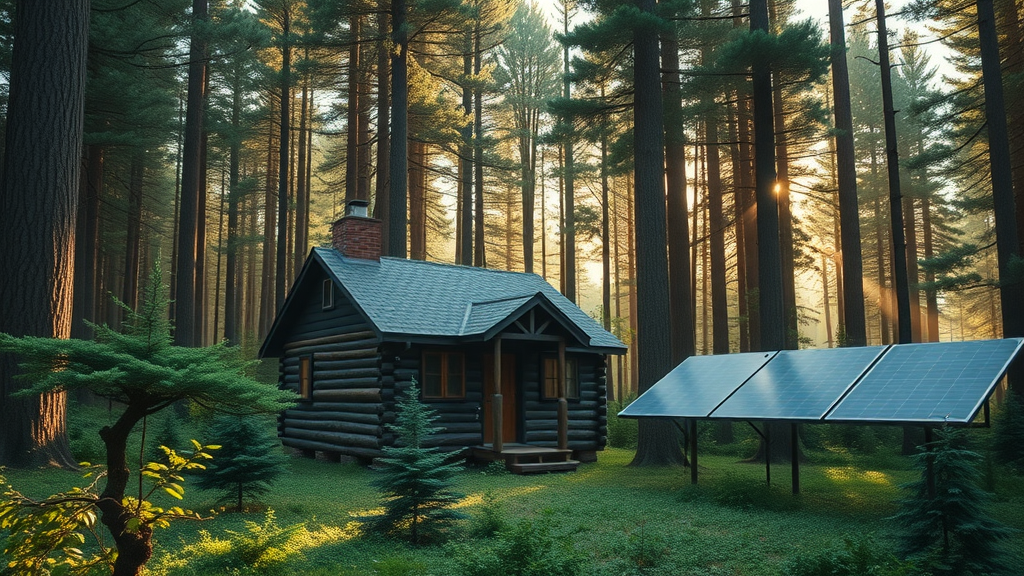
Legal Landscape for Off-Grid Living in Florida
Navigating the
legal to live
off-grid near Crystal River requires an understanding of the legal frameworks in place. Florida doesn’t ban off-grid living, but compliance with local
building codes
and
zoning laws
is critical. Generally, properties
must meet specific criteria, ensuring that off-grid installations such as solar systems and water systems adhere to safety regulations. It’s imperative to research county-specific regulations in
Crystal River
to avoid legal complications.
Zoning Laws and Their Impact on Off-Grid Living
Zoning laws play a significant role in determining where and how you can install an off-grid system. These regulations might dictate permissible property modifications, the kind of structures that can be erected, and the acceptable methods of utility
generation. For instance,
solar panels
installations and other renewable energy systems must adhere to zoning restrictions. It’s advisable to consult with local authorities to understand zoning requirements specific to
Crystal River
and ensure
your off-grid systems are compliant.
Exploring Grid Land Opportunities in Crystal River
What Makes Crystal River Ideal for Grid Land?
Crystal River is a hidden gem for those looking to pursue a grid land lifestyle in
Florida
. With its lush environment and abundant wildlife, it offers a peaceful retreat without disconnecting from essential amenities completely. The location benefits
from a moderate climate, making it ideal for
solar energy
systems, while its natural springs and rivers provide ample water sources for those considering water systems that are not connected to public utilities. In addition, the real estate market
in Crystal River provides diverse options, ranging from urban plots to expansive rural lands suitable for off-grid development.
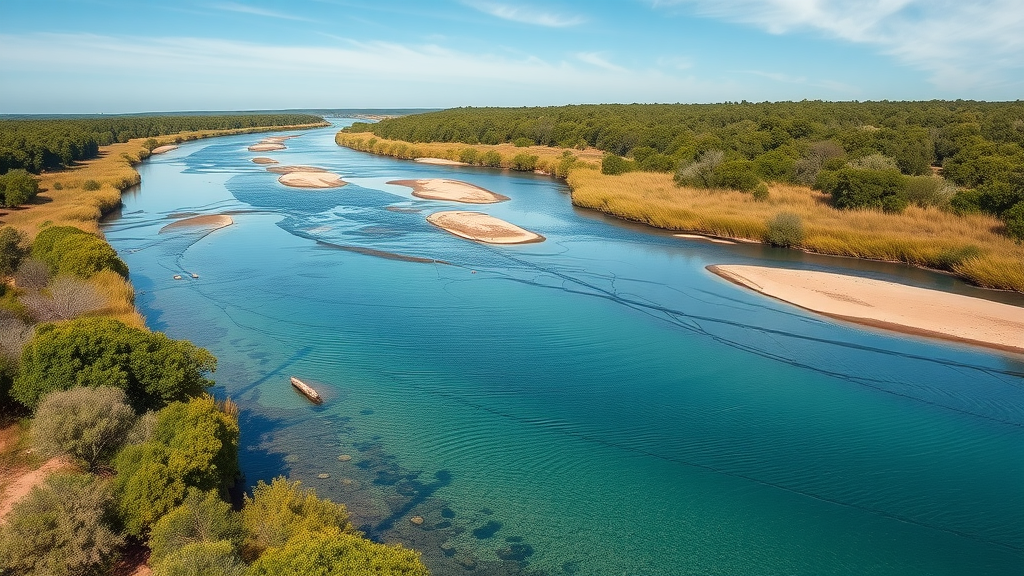
Available Resources and Facilities
One of the key draws of Crystal River is the
abundance of natural resources
. The region is renowned for its clean water sources, expansive forest areas, and resilience to
power outages
, which enhances its suitability for off-grid living. Residents
can take advantage of the river’s proximity for freshwater supply and explore the potential of
solar panel
installations that capitalize on Florida’s sunshine. Additionally, the community offers access to sustainable agriculture practices and local
markets, reinforcing the practicality of a self-sufficient lifestyle.
Navigating Local Zoning and Building Codes
While Crystal River is favorable for off-grid initiatives, understanding local zoning and building codes is essential prior to embarking on an off-grid project. These codes ensure that your
grid living
strategies are safe and sustainable. Typically,
regulatory compliance revolves around the design, construction, and habitation of structures on grid land. It’s crucial to maintain a balance between regulatory adherence and innovative, efficient off-grid living practices.
Incorporating Sustainable Practices with Grid Living
Installing Solar Panels and Energy Systems
Installing
solar panels
is a cornerstone of sustainable off-grid living in Florida. This renewable energy source not only reduces dependency on the power grid but also capitalizes on the state’s sunny climate. When planning installation, consideration
of panel placement, energy storage capabilities, and grid systems’ integration becomes important. Engaging professionals for
installing solar systems
ensures alignment with local building codes and maximizes energy efficiency.
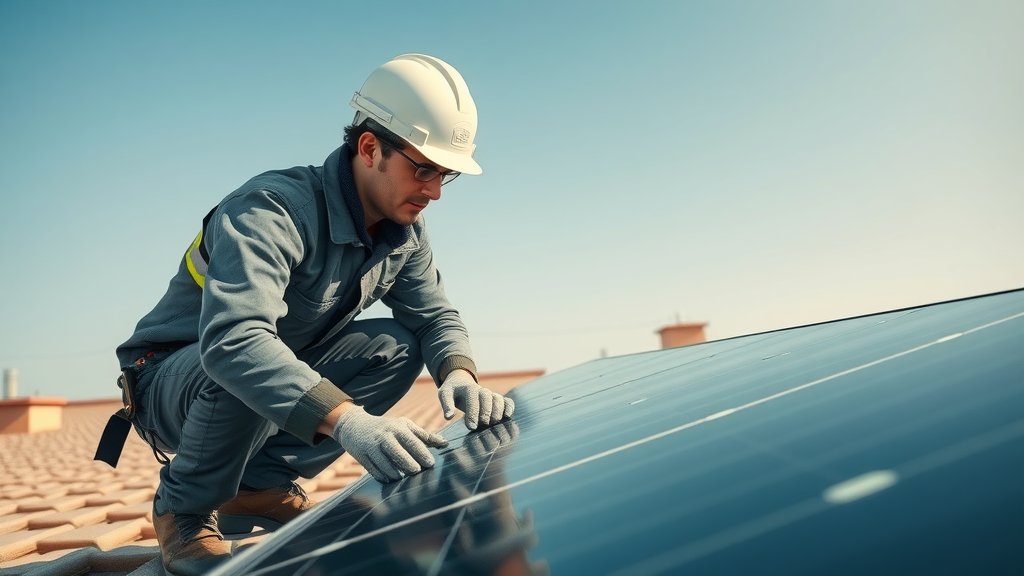
Utilizing Natural Water Sources Efficiently
In leafy Crystal River, utilizing
natural water sources
such as rivers and springs is possible, offering sustainable alternatives to public utilities. Effective
water system
setups, including rainwater harvesting and filtration systems,
provide reliable access to clean water. With water being a crucial part of off-grid living, it’s vital to design systems that can efficiently collect, store, and purify water drawn from natural resources to meet everyday needs.
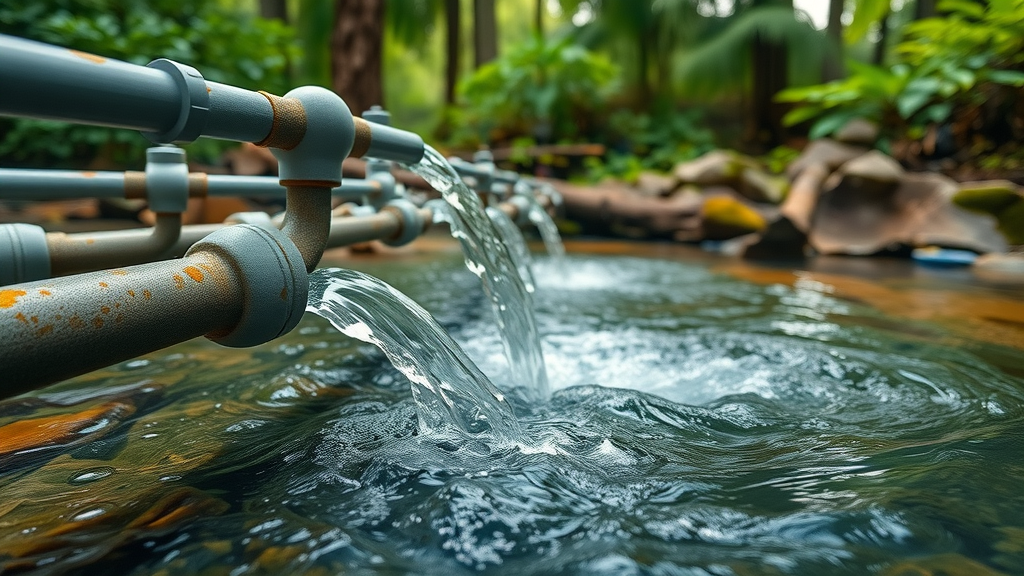
Waste Management and Eco-friendly Practices
Adopting eco-friendly
waste management
solutions is a significant aspect of living off the grid. By implementing a comprehensive
disposal system
, residents can reduce their environmental footprint. Composting, utilizing bio-digesters, and integrating
eco-friendly materials can effectively manage waste. Strategically designed systems decrease reliance on public utilities and help maintain the pristine condition of the surrounding environment in Crystal River.
Frequently Asked Questions about Off-Grid Living
Where in Florida can you live off the grid?
Several rural areas in Florida, including regions around Crystal River, offer feasible options for off-grid living. These areas possess the necessary natural resources and have zoning laws receptive to off-grid lifestyle setups. It’s important to
research local regulations to ensure compliance and avoid potential legal challenges when transitioning to a
grid living
scenario.
Is it illegal to live off the grid in Florida?
Living off the grid in Florida is legal, as long as residents adhere to relevant zoning laws and building codes. Ensuring compliance with these regulations is crucial to avoid legal issues related to
grid systems
, housing codes, and utility
setups. Educating oneself about county-specific requirements minimizes conflicts and supports uninterrupted off-grid living.
Can I really get free solar panels in Florida?
While you may not receive solar panels entirely free, Florida offers incentives and rebates that significantly reduce the cost of solar installations. These programs aim to promote renewable energy use and increase
solar energy
adoption. By
exploring available state and federal incentives, residents can make solar systems more affordable.
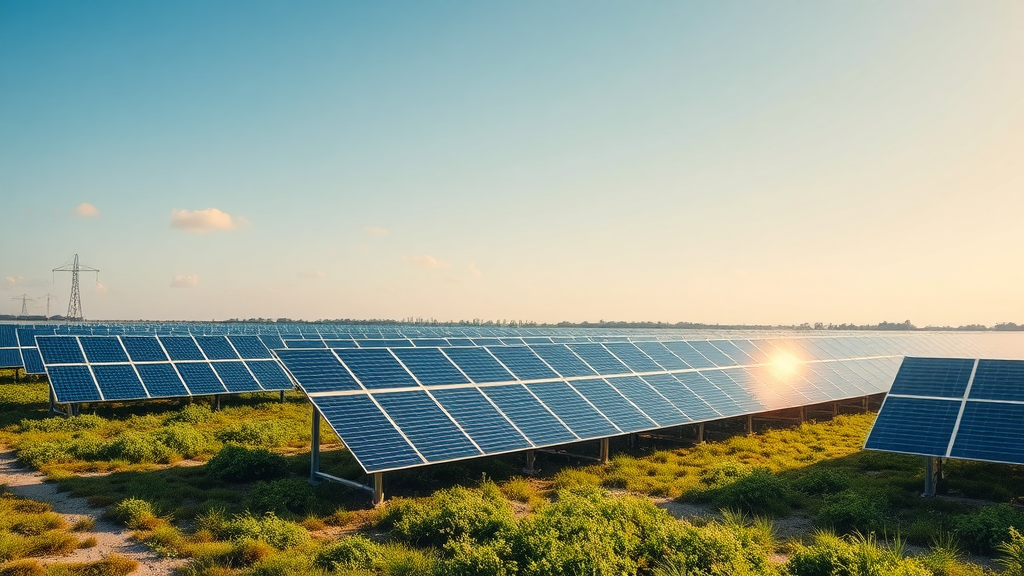
In what states is it legal to live off-grid?
Off-grid living is generally legal in most states, provided that residents comply with specific local and state regulations. States like Texas, Missouri, and Tennessee are known for favorable off-grid conditions and policies, resembling those found
near Crystal River in Florida.
Living Off the Grid: Pros and Cons
Benefits of Off-Grid Living
Living off the grid
provides numerous benefits, including independence from public utilities, reduced environmental impact, and simplified lifestyles. It encourages sustainable living practices and renewable energy use, enhancing self-reliance
while minimizing living expenses. Additionally, the serene, natural settings often associated with off-grid living amplify personal well-being and mental health.
Challenges You May Face
The challenges of living off-grid can include dealing with
power outages
, variable weather conditions impacting energy supply, and the initial financial outlay for setting up sustainable systems such as solar panels and
water systems
. Emotional
adjustments to a solitary lifestyle and proximity to essential services can pose difficulties as well. Thorough planning and preparedness for these scenarios can alleviate potential stressors related to this lifestyle.
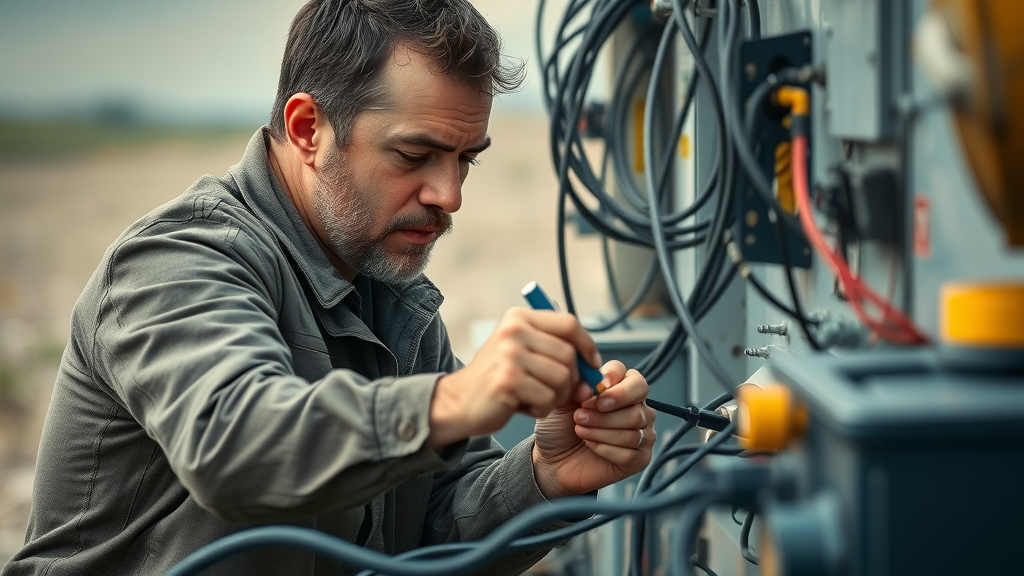
Comparative Table: Off-Grid vs On-Grid
| Aspect | Off-Grid | On-Grid |
|---|---|---|
| Energy Source | Renewable (solar, wind) | Fossil Fuel Dependent |
| Independence | High | Low |
| Initial Cost | Higher | Lower |
| Utility Bills | Minimal | Regular |
Quotes from Off-Grid Enthusiasts and Experts
Expert Opinions on Legal and Practical Aspects
“Off-grid living demands meticulous planning and robust knowledge of applicable laws to ensure sustainability and avoid legal conflict,” shares John Doe, a leading off-grid living consultant. He emphasizes compliance with building codes and zoning
regulations as critical to maintaining a functional, conflict-free off-grid home.”
Testimonies from Off-Grid Residents in Florida
Residents in
Crystal River
express profound satisfaction with their off-grid lifestyles. Jane Smith, an off-grid resident, shares, “Living off the grid has reconnected me with nature and enhanced my autonomy. The community here is supportive,
and the region’s natural resources lend themselves beautifully to sustainable practices.”
Checklists and Essentials for Off-Grid Preparation
Initial Steps for Transitioning to Off-Grid Living
- Research and understand local building and zoning codes.
- Evaluate potential properties for natural resource availability.
- Consult with off-grid experts for tailored advice.
Essential Supplies and Tools
Key supplies and tools for off-grid living include solar panels, water filtration systems,
disposal systems
, and energy-efficient appliances. Preparing adequately with these essentials ensures a smooth transition and sustainable daily operations
in an off-grid home.
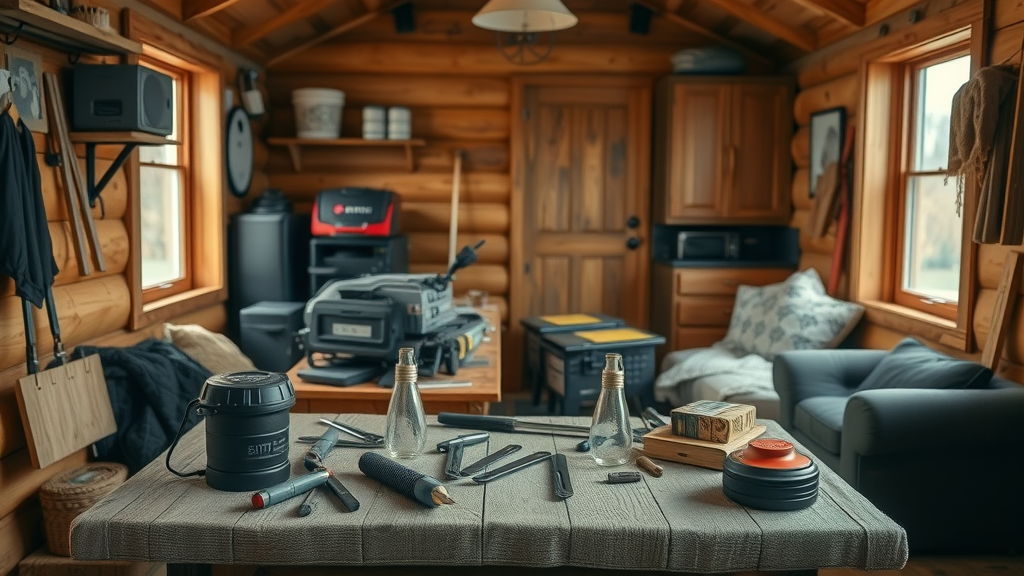
Ongoing Maintenance and Sustainability Tactics
Ongoing maintenance in an off-grid home involves regular assessments of energy systems, water supplies, and waste management setups. Establishing a thorough maintenance schedule and integrating sustainability tactics, such as recycling and conservation,
are crucial for long-term, successful off-grid living.
Conclusion: Making the Move to Off-Grid Living in Crystal River
Key Takeaways
Off-grid living in
Crystal River
is feasible and rewarding with informed preparation.
Next Steps in Planning Your Off-Grid Journey
Start by assessing your goals and performing detailed research to prepare for your off-grid transition.

Inviting Readers to Take Action
Consider starting your off-grid journey today by exploring potential properties and taking initial steps towards sustainable living.
Video Guide: Real-Life Off-Grid Living Experiences
Watch our curated video showcasing real-life experiences from off-grid communities in Florida. Gain insights and inspiration for your off-grid aspirations.
Video Guide: Step-by-Step Solar Panel Installation
This step-by-step guide on solar panel installations will provide you with detailed instructions to enhance your off-grid setup.
Video Guide: Effective Waste Management Techniques
Explore waste management techniques tailored to off-grid living, ensuring eco-friendly waste disposal without reliance on public utilities.
